Many people love debit cards because they’re handy and secure, or at least they think they are. Like all good things, there are some things you might not realize about debit cards, but you should. Here are a few reasons why you might want to rethink swiping.
Easy Checkout
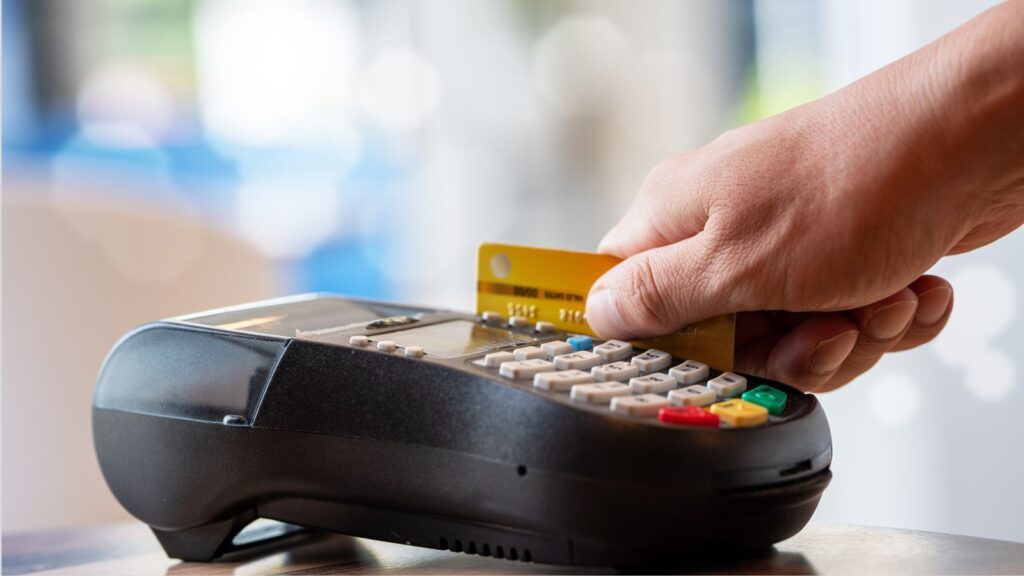
Using debit cards is usually a guarantee of a quick checkout because you don’t have to worry about finding an ATM when you’re out or dealing with checks that stores might not even take. Just swipe or tap your card, and you’re done. Better yet, you don’t have to deal with all those heavy coins in your pockets.
The Convenience of Contactless Payments
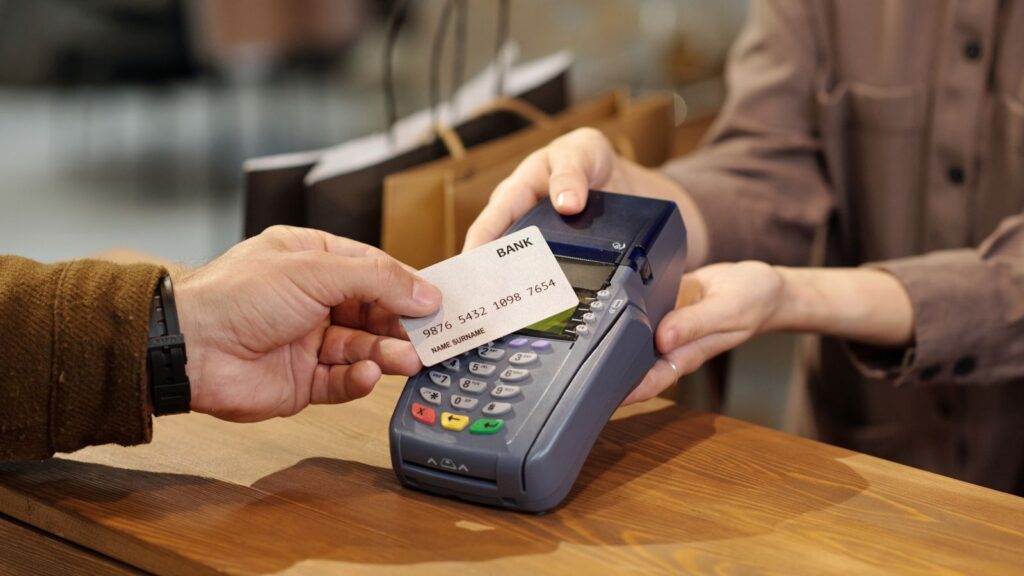
Contactless payment technology has completely changed how we use debit cards; you just have to tap your card near a compatible reader. Since it’s so quick, contactless also means there are fewer physical contact points where scammers could get your card data, making them a little safer. Of course, that doesn’t make your card invincible.
Keeping Budgets in Check

If you hate surprises when you check your bank account, debit cards are a good way to avoid this. They help you stick to your budget by only letting you spend what you have, which means you can keep your spending in check without being tempted to use credit. Seeing your spending notifications pop up in real-time can be a big help.
No Help for Your Credit Score
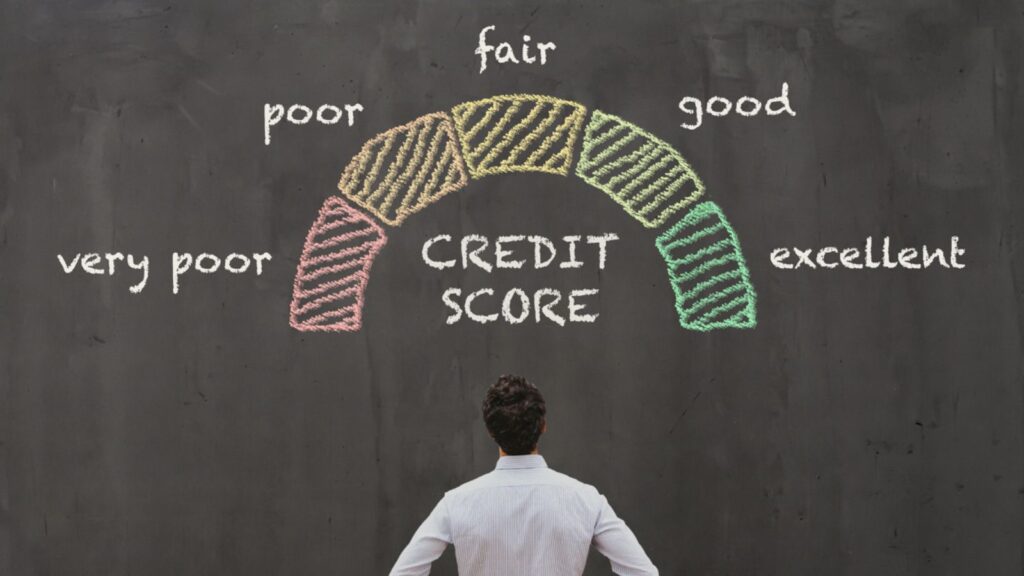
Unfortunately, while debit cards are great for managing money day-to-day, they don’t help your credit score. No matter what you spend on them, you won’t be able to build that credit history you need for big stuff like getting a mortgage or financing a car. It’s one area where credit cards edge them out.
Watch Those Spending Caps
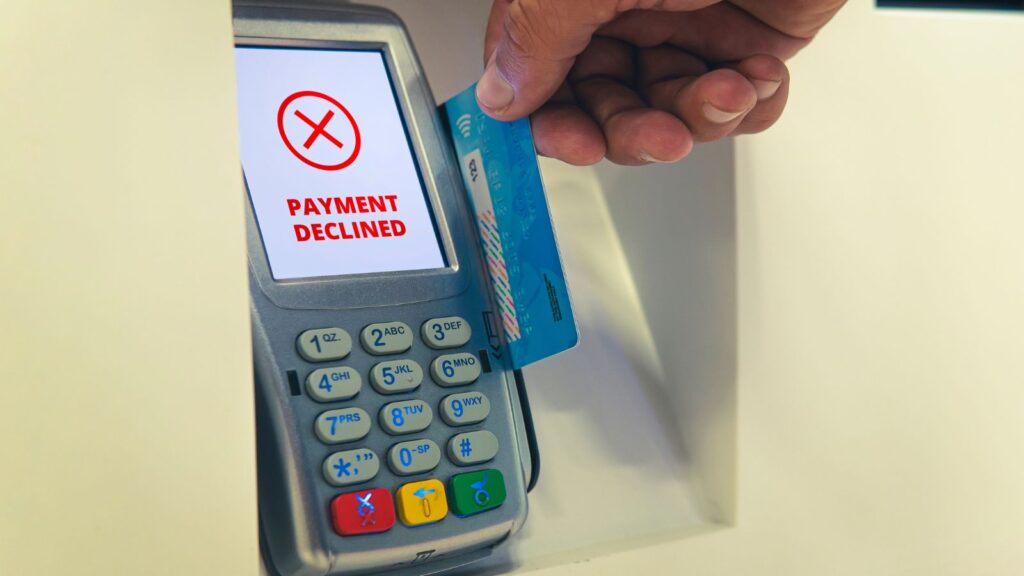
If you’ve ever tried buying something expensive with your debit card only to have it declined, that’s probably because of your daily spending limit. These limits can help prevent fraud but can be a real pain if you’re not expecting it. You’ll need to be careful whenever you try buying something expensive or dealing with an emergency.
The Dreaded Overdraft
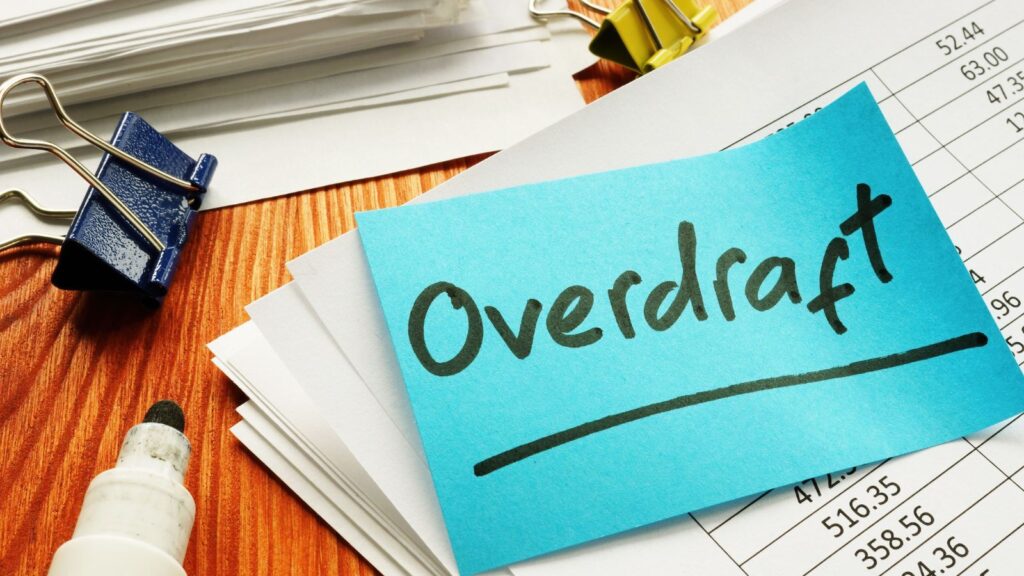
Overspending with debit can actually cost you more than you expect because of overdraft fees, which can soon turn a simple purchase into a financial mistake. To avoid this, keep a close eye on your balance before making larger transactions or when your account typically runs low. Make sure to only buy what you can afford.
Rewards? Not So Much
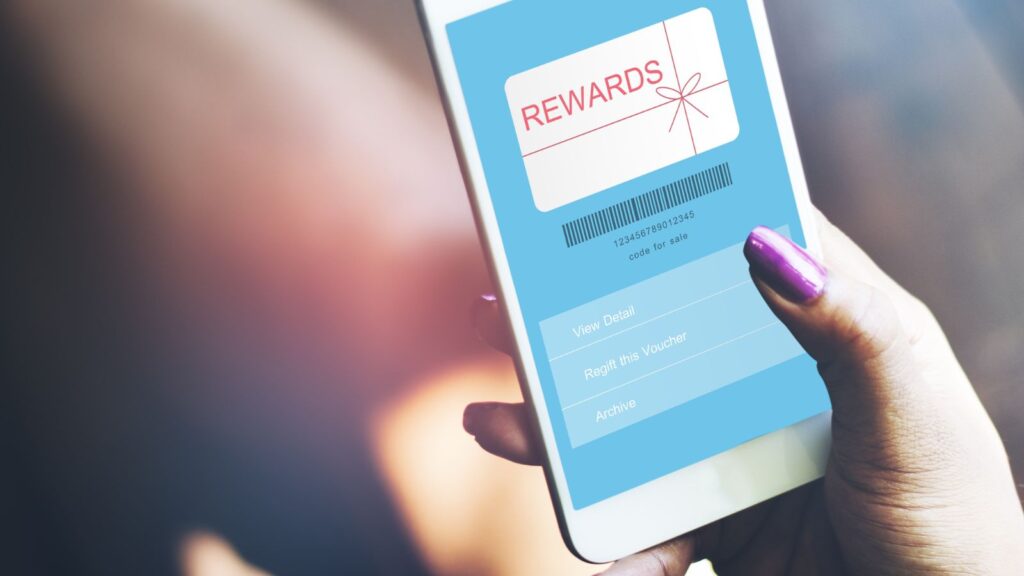
You also won’t get any of the points or cashback from debit cards that credit cards do, meaning they won’t pay you to shop. You’ll miss out on the perks that could save you money on travel or earn you rewards on everyday purchases. Using a debit card is essentially a trade-off between simplicity and benefits.
Beware of Phishing
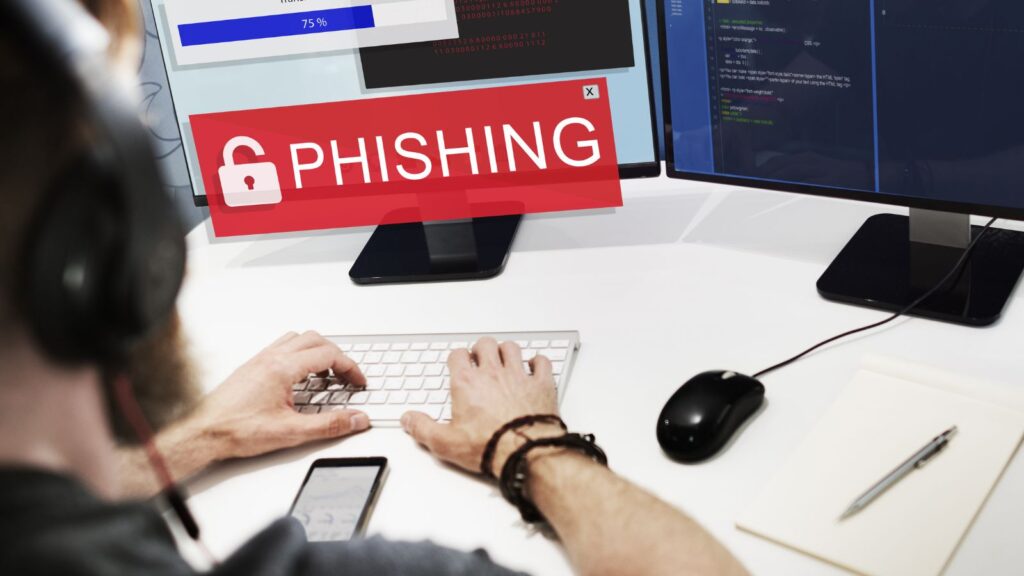
If you receive a sketchy-looking email or text claiming to be from your bank, this could be a phishing scam trying to get your personal info. Always think twice before clicking on links or sharing your bank details. These scams can look incredibly convincing, so it’s always best to contact your bank directly through known channels if something feels off.
The Skimming Scam
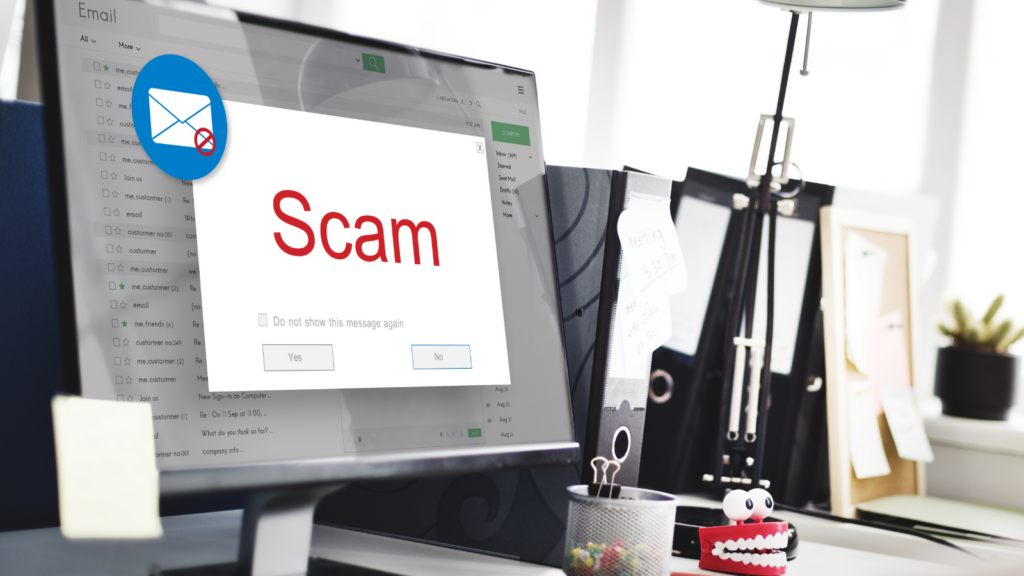
Skimmers are things that thieves attach to ATMs and payment terminals to steal your card info, which sadly happens way too often. To avoid this, give that card reader a wiggle before using it to ensure it’s not a skimmer in disguise. If the card slot seems loose or the keypad feels thick, finding another machine is best.
Safe ATM Usage
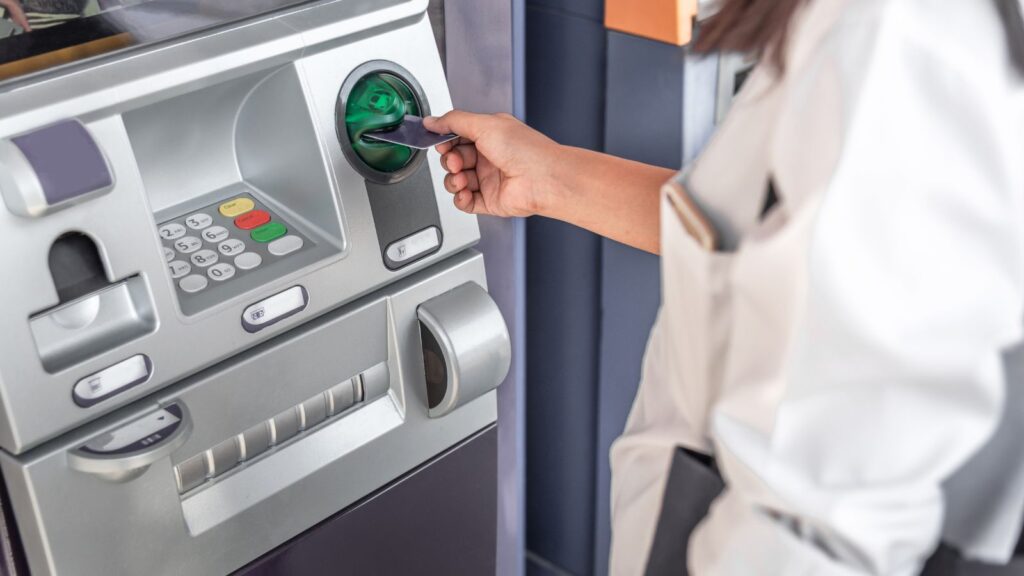
To keep your card safe, you should also be careful about where and when you use the ATM. Go for machines in busy, well-lit areas, preferably inside a bank, because they tend to be safer. ATMs in secluded or poorly lit areas are more likely to be tampered with, so it’s smart to be picky about where you withdraw your cash.
Protecting Your Account
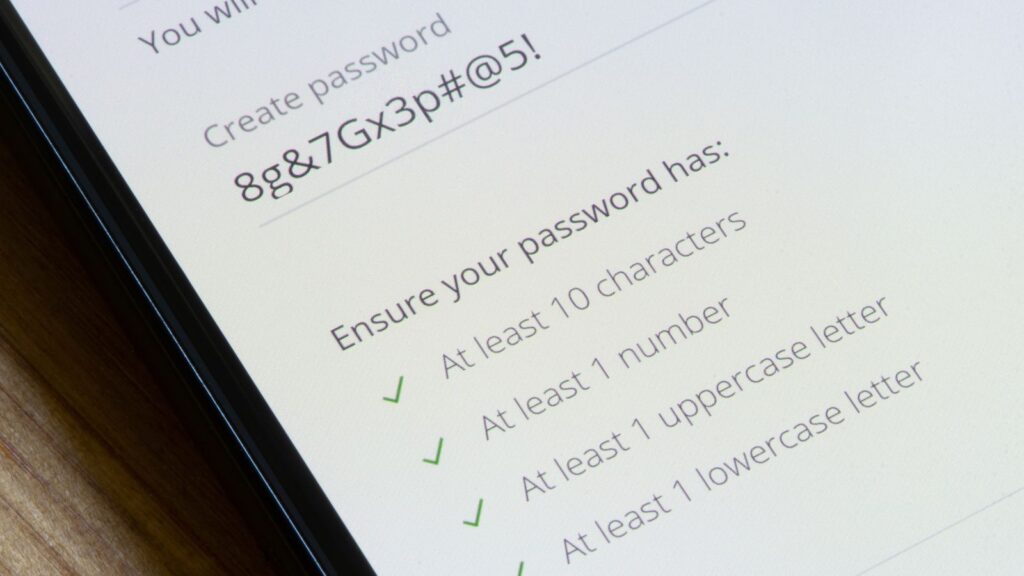
It’s important to check your bank account regularly to see if there’s anything strange. If that happens, report it immediately, and remember to use strong passwords or two-factor authentication to make things even more secure. Checking your account regularly will help you stop thieves in their tracks before they do too much damage.
Know Your Fraud Liability

If your debit card gets lost or stolen, you must report it missing as soon as possible. With some banks, your fraud liability is just $50, but if you wait too long, that number can go up to $500 or even more. Keep your bank’s hotline number handy, and check your bank statements regularly so you’re prepared.
Resolving Fraud Takes Time
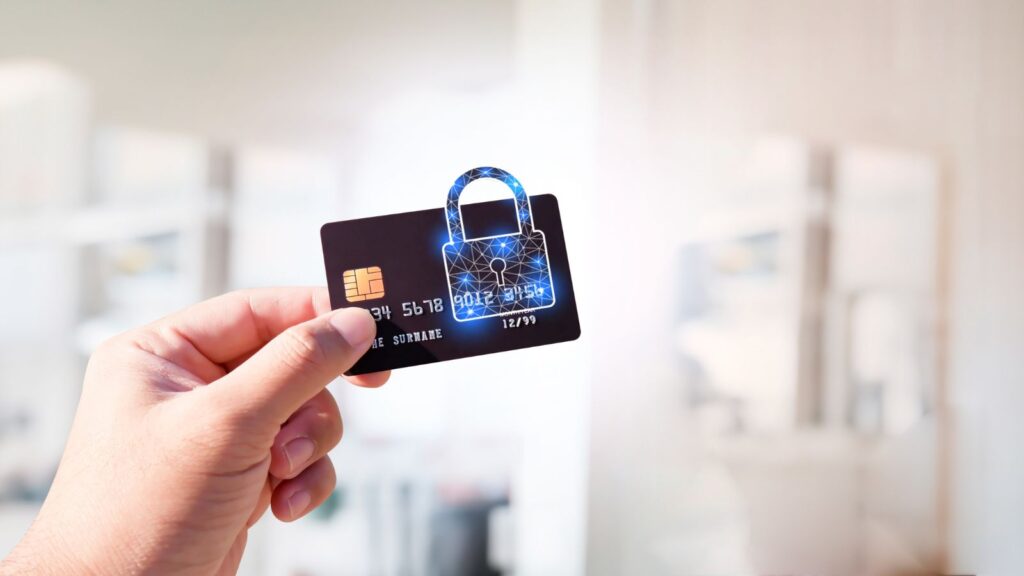
Of course, when fraud does happen, you’ll have to wait a while as banks sort these things out. Meanwhile, your funds will be on hold, which isn’t exactly the speedy resolution you hoped for. Budgeting can be difficult during this time, especially if they’ve locked up a lot of money during the investigation.
A Safer Choice?
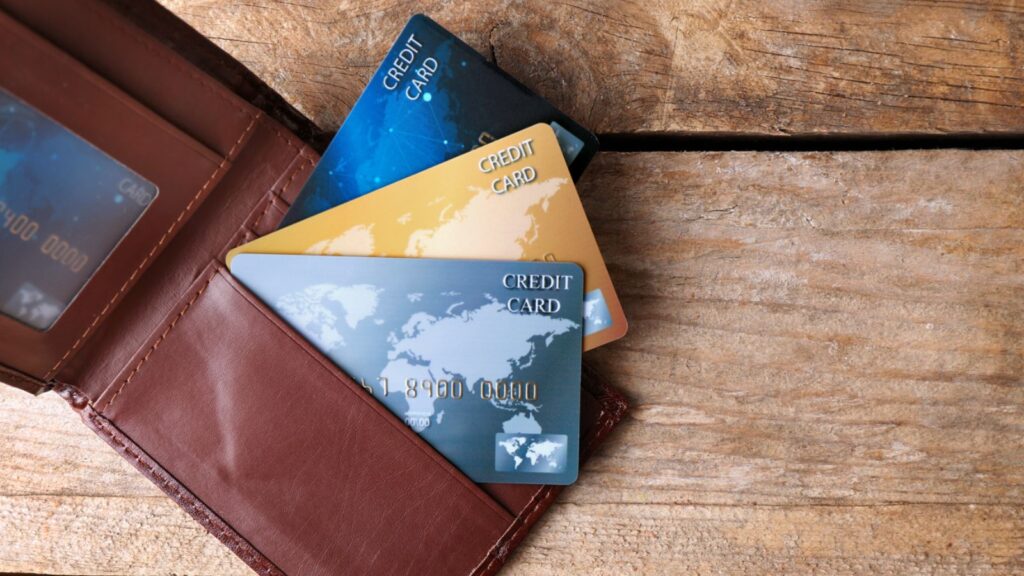
Credit cards usually have stronger protection than debit cards because they limit your liability and handle disputes faster than banks with the same issues. While they might not be as convenient, credit cards certainly are more secure and worth using, especially for online or large purchases. You can’t put a price on that.
Avoiding Credit Card Debt
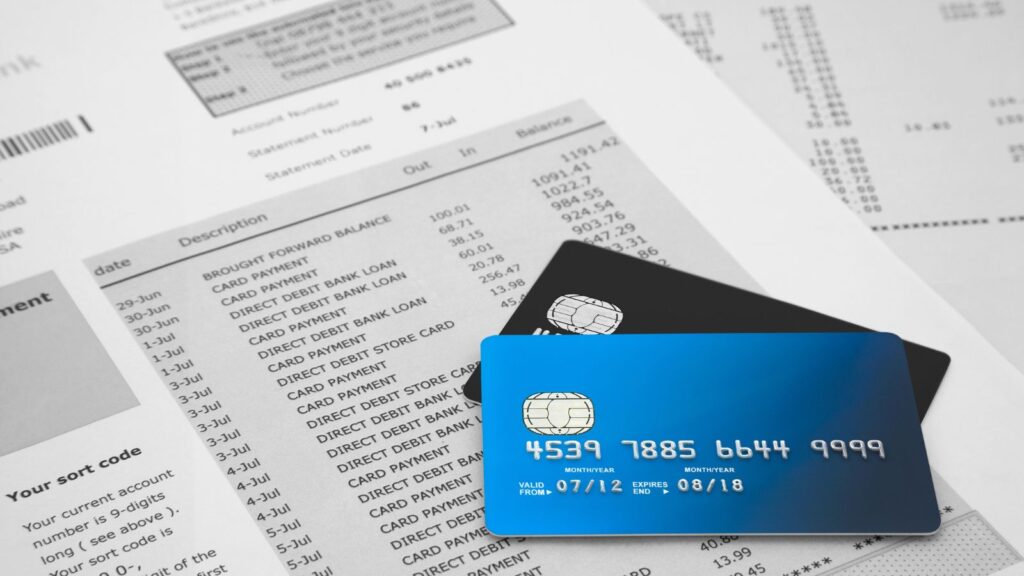
Using credit cards correctly means you can enjoy their benefits without falling into the debt trap. You should always aim to pay off your full monthly balance to avoid those interest fees and keep your credit in good shape. The most important thing to remember is that you need to use your cards responsibly.
Understanding Your Limits

You also know the limits on your debit card to avoid any declines at the register. When you know how much you can spend in advance, you’ll be able to manage your shopping better and avoid any inconvenience during a large transaction. After all, don’t you want to make your shopping easier?
Mobile Banking Apps Enhance Security
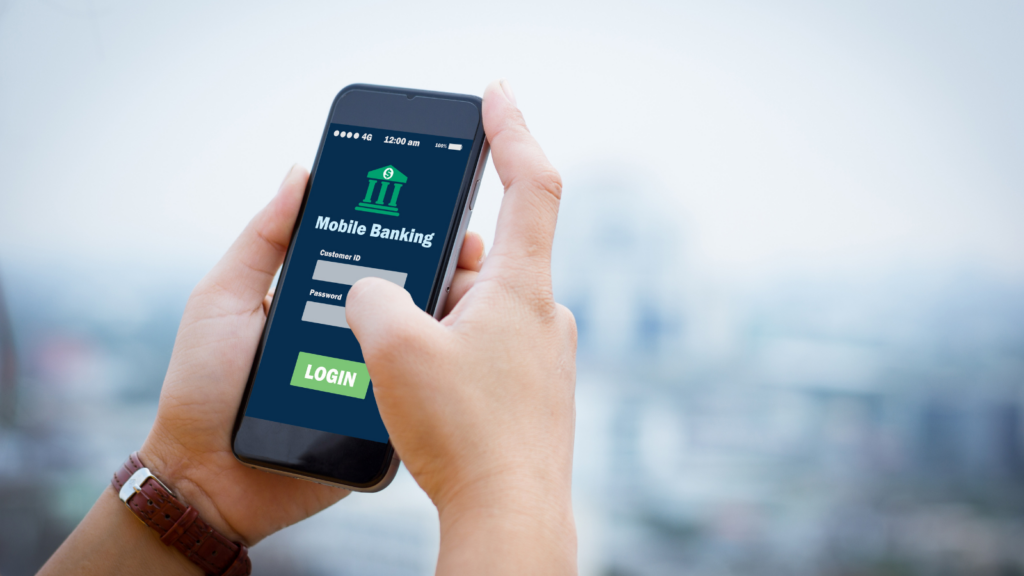
Most banks now have mobile apps that link directly to your debit card, meaning you’ll get instant access and more security features. These apps often allow you to temporarily freeze your card if you lose it, reducing the risk of losing money while you search and send real-time transaction alerts. This way, you can catch any issues as soon as they happen.
The Impact of International Fees
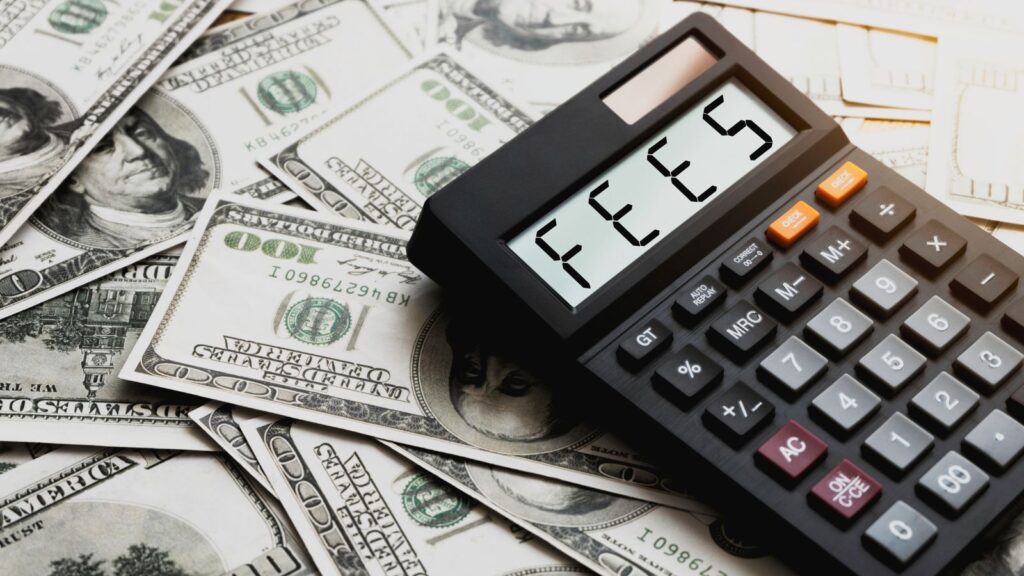
If you travel abroad, you might get hit by foreign transaction fees when you use your debit card, and these fees can add up quickly. It’s a lot smarter to check with your bank about their fee structure before heading out, or perhaps get a travel debit card that’ll waive these fees. This way, you can shop worry-free.
19 Grim Realities of Dating After 50 That Are Often Overlooked

19 Grim Realities of Dating After 50 That Are Often Overlooked
26 Things That Will Be Extinct Because Millennials Refuse to Buy Them

26 Things That Will Be Extinct Because Millennials Refuse to Buy Them
24 Outdated Slang Terms You Absolutely Shouldn’t Be Using Anymore

24 Outdated Slang Terms You Absolutely Shouldn’t Be Using Anymore
25 Hardest Parts About Getting Older That No One Ever Talks About

25 Hardest Parts About Getting Older That No One Ever Talks About






